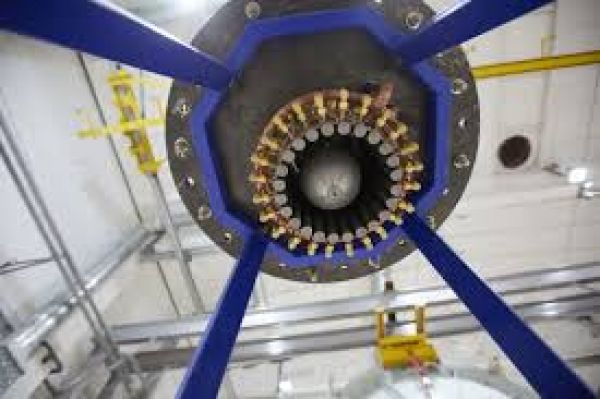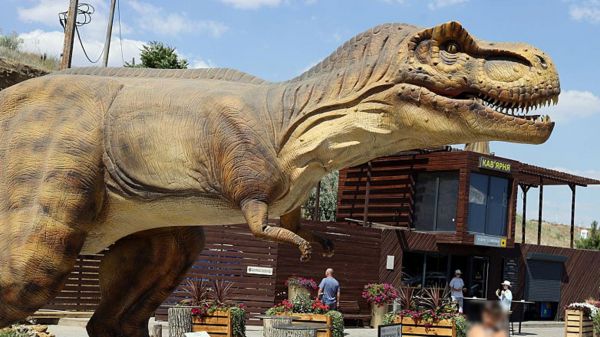Although this research may not able to make the dead alive but the one who can preserve its organ for an organ transplant and also challenges the idea that cardiac death which is occur due to halt of blood circulation and oxygenation processes.
Latest, experiment are "Amazing" Says Nita Farahany, a neuroethicist at Duke University in Durhan, North Carolina. She says that some limitation of the human body might be overcome in time.
In the research published on 3rd august in Nature, researchers connected pig( that had been dead for one hour) to a system which pumped blood substitute throughout in the body of animal called "OrganEx". The solution which are pumped containing the animal blood along with 13 other compounds such as anticoagulants. Which slows down the decomposition of the body and quickly restore some organ functions, such as activity in the liver, kidney, heart contraction and also preserve some brain tissue. However, researchers didnot saw any coordinated brain activity that means animal hadnot regained any consciousness. So, this experiment may not make alive dead one, but can be used in organ preservation.
Currently ECMO is used to preserve the organs of dead people for donation. But this process had to be started soon after death and rate of success is also less. So, OrganEx will prove to be a better option for this.
This research is potentially a "landmark" Study that could "significantly increase the number of organs that could be recovered for organ transplantation" Says Gabriel Oniscu a transplant surgeon of UK.
Although, scientist warns that the research is still going on and is not yet clinically relevant but this research raises ethical questions about the definition of death. According to the research recently published in Nature says that scientists have restored cellular activity and circulation in the vital organs of a pig such as the brain and the heart, one hour after the animal died.
There was seen an involuntary movement in the pig’s head, and the researchers have no explanation to define the cause for the same. It could be a result of the shot of the solution made to the spinal cord that arose movements in the spinal cord which can control some motor functions of the brain.
The solution which is pumped contains the animal blood along with 13 other compounds such as anticoagulants which slow down the decomposition of the body and quickly restore some organ functions, such as activity in the liver, kidney, heart contraction and also preserve some brain tissue. However, researchers did not see any coordinated brain activity which means the animal had not regained any consciousness. So, this experiment may not make alive a dead one but can be used in organ preservation.
This research is potentially a "landmark" study that could "significantly increase the number of organs that could be recovered for organ transplantation", Says Gabriel Oniscu, a transplant surgeon of the UK.
We've taken a small yet a vital initiative towards the achievement of our motive of bringing the dead back to life. This experiment indeed has failed in bringing the dead one back but has a scope of improvement and will definitely help the future experiments to take critical references from the same.
Author: Miss Ritu Sharma













































